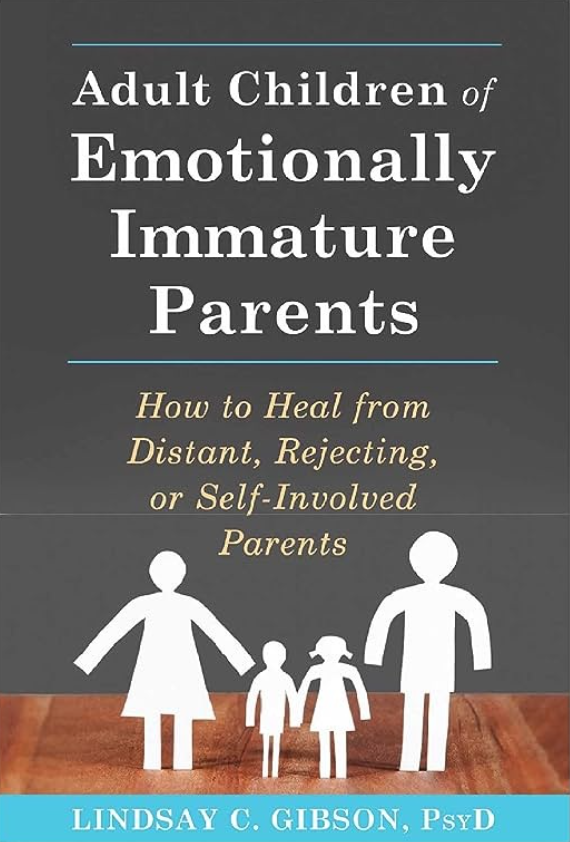
Adult Children of Emotionally Immature Parents
Author: Lindsay C. Gibson Category: Self-Help Publisher: New Harbinger Publications Published: June 1, 2015 Language: English File Size: 4.22 MB Tags: family | Health | Mental Health | Nonfiction | Parenting | Personal Development | Psychology | Relationships | self help |Theme:
Adult Children of Emotionally Immature Parents by Lindsay C. Gibson, explores the theme of provide guidance to adults for self-help in resolving anxiety, depression, and relationship difficulties that result from having emotionally immature parents.
Famous Quotes:
You can’t heal what you don’t acknowledge.
Your worth is not determined by their treatment of you.
Just because they are family, doesn’t mean they have your best interests at heart.
Recognize the patterns of emotional immaturity and take steps to break free from them.
You are not responsible for their happiness or well-being.
Self-care is not selfish; it is necessary for your own well-being.
Your feelings are valid and deserve to be acknowledged and respected.
Find your own sources of validation and support outside of your emotionally immature parents.
Establishing boundaries is essential for your emotional health.
Acceptance is not endorsement.
Letting go of the need for their approval is liberating.
You have the power to rewrite your own story.
Your potential is not limited by their emotional immaturity.
Surround yourself with healthy, supportive relationships.
Don’t let their emotional immaturity define you.
Choose empathy over anger, but don’t tolerate toxic behavior.
Healing takes time and patience, but it is worth it.
Build a strong foundation of self-worth and self-love.
Seek therapy or support to navigate the complex emotions and trauma from your upbringing.
Your emotional well-being is your responsibility, not theirs.
Set realistic expectations and don’t rely on them for emotional support.
Validate yourself and seek validation from within.
Prioritize your own healing and growth above trying to change them.
Focus on building healthy coping mechanisms and resilience.
Learn to trust your instincts and emotions.
You have the power to break the cycle and create a healthier future for yourself.
You are not alone in your experiences; there are others who understand.
Forgiveness is a personal journey that doesn’t require reconciliation.
Back
